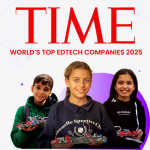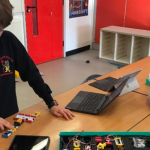This content was last updated on 10 July 2025
This blog is presented by Twin Science, a global education technology company empowering educators through AI-enhanced learning solutions. Science learning doesn’t begin in a lab, it starts with a question. From wondering where the sun goes at night to mixing colors during art class, children naturally explore the world through scientific thinking.
But how can educators strengthen these moments and transform curiosity into concrete skills? If you’re looking for classroom-ready tools that turn exploration into structured STEM learning, start the conversation to explore real-world STEM in your classrooms. Let’s explore the 8 foundational science skills, and how to nurture them.
Contact our team to explore Twin’s award-winning learning approach.
Read Also: The Importance of STEM Education
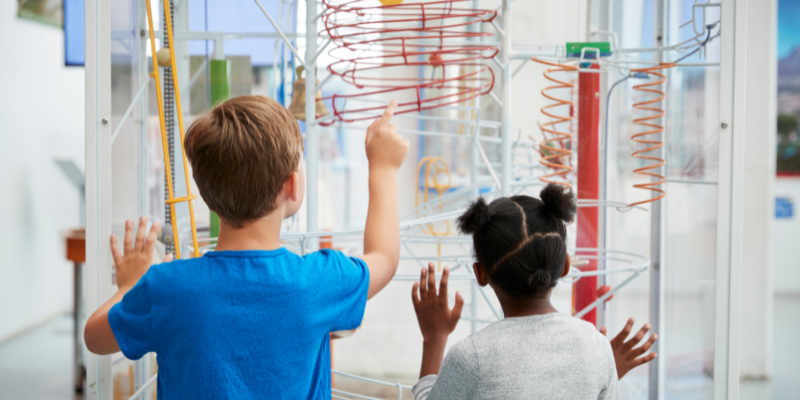
The Essential Science Skills
- Investigation Skills: Sparking curiosity through questions fuels the fire of discovery. Encourage “Why?” and “How?” inquiries to ignite investigative spirits. By observing everyday wonders and pondering mysteries, children embark on their science journey.
- Observing Skills: Senses unlock the world’s secrets. Touch, smell, sound, sight, and taste are their guides. These observations lay the foundation, shaping a mental canvas for scientific exploration.
- Measuring Skills: Quantifying reality is key. Measuring height or weight, they speak the universal language of science, fostering comprehension and communication.
- Classifying Skills: Seek patterns, sort objects by traits. As children group by commonalities, they unveil the intricate web of scientific principles.
- Predicting Skills: Educated guessing, foreseeing outcomes. By predicting, kids sharpen their foresight, anticipating actions and change results.
- Experimenting Skills: Hands-on exploration drives inquiry. Crafting hypotheses, testing, adapting – it nurtures analytical thinking, resilience, and planning.
- Interpreting & Concluding: Reason, then reveal. Comparing predictions, analyzing data, and synthesizing findings form pathways to meaningful insights.
- Communicating Skills: Sharing fuels progress. Conveying discoveries via words, visuals, charts – it ensures their insights ripple through the human knowledge pool.
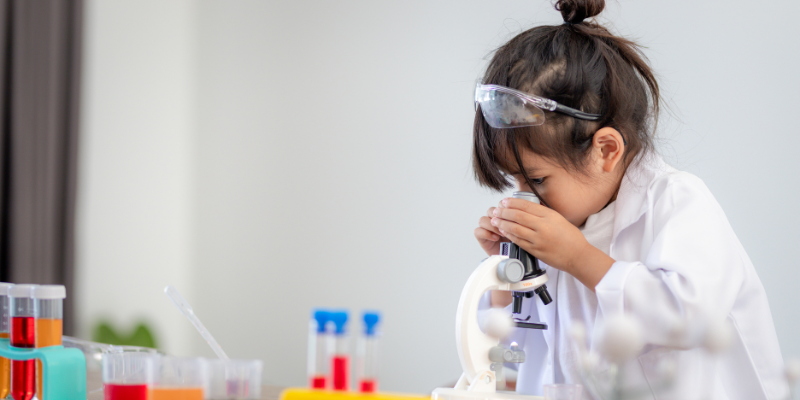
Nurturing Science Skills in Kids: Tips and Strategies
- Cultivate Curiosity: Encourage your child’s natural sense of wonder by embracing their questions and encouraging independent exploration. Introduce intriguing science facts to spark their interest and open doors to new inquiries.
- Provide Time and Space for Exploration: Allow your child the freedom to engage in hands-on science projects. These activities offer a safe space for practice and experimentation, paving the way for skill development.
- Promote Further Exploration: After completing an experiment, encourage your child to extend their learning by suggesting new questions or variations to explore. This promotes a deeper understanding and fosters critical thinking.
- Leverage Technology: Leverage the power of technology by engaging your child with online science activities. The Twin App, for instance, offers a plethora of DIY science projects that nurture curiosity and enhance science skills in an engaging and interactive way.
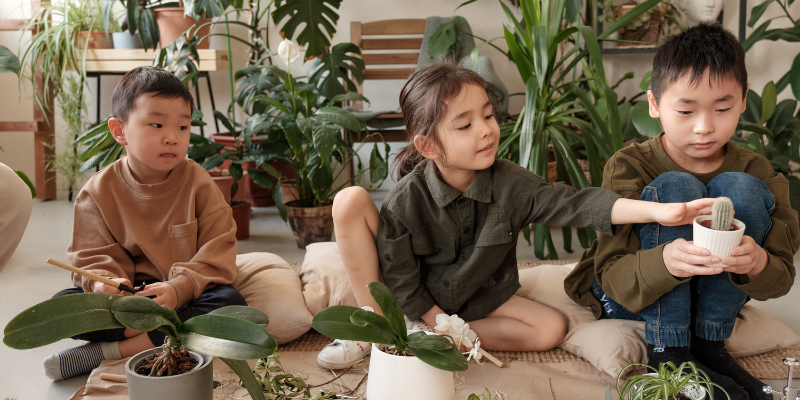
Enhancing Learning Through Everyday Experiences
Learning science doesn’t have to be confined to textbooks. Embrace your child’s innate curiosity by incorporating science into everyday activities. A nature walk becomes a lesson in observation, while cooking together unveils the magic of chemical reactions. By intertwining science with daily life, you create an environment where learning is a natural and enjoyable process.
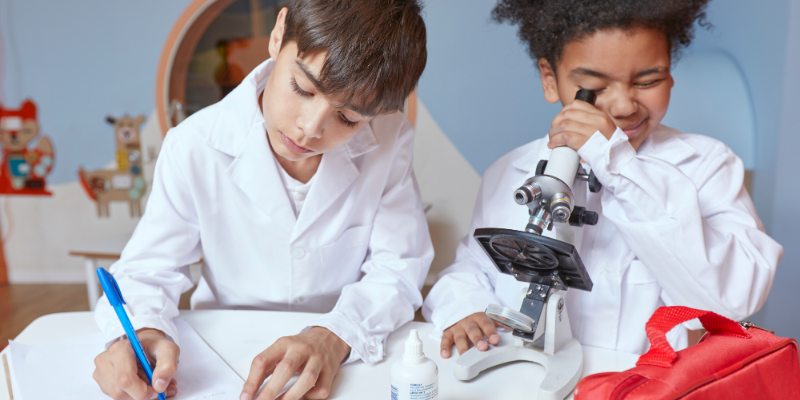
Empower Your Child’s Scientific Journey
Nurturing science skills in children goes beyond textbooks and classrooms. Embrace curiosity, provide opportunities for exploration, and leverage technology to create a dynamic learning experience. With the guidance of Twin Science, your child’s journey into the world of science becomes an exciting adventure, enriched by hands-on projects, engaging activities, and a boundless realm of discovery. Together, let’s ignite the spark of curiosity and watch as it transforms into the flame of scientific exploration in young minds.
Let’s explore to support your children’s science skills!
Rachel Turner 🖋️
Content Creator and Educator

